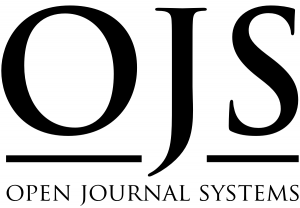Influence Self-Service Technology Against Customer Satisfaction and Loyalty of PT. Bank Syariah Indonesia (BSI) in the City of Palangka Raya
Abstract
Banking practitioners increasingly realize they can no longer serve customers with limited capabilities. Banking is also moving forward and collaborating to improve systems and strategies so that customers feel and prove to themselves that transactions with the help of technology make it easier. Starting from direct service carried out by employees, it becomes service independently without needing to go to the Bank first to make a transaction or something else. With the merger, the amount of capital has increased, so the use of BSI Mobile in Palangka Raya City should have developed and increased. This study aims to determine whether there is an effect of self-service technology on customer satisfaction of Indonesian Islamic banks in the city of Palangka Raya and whether there is an effect of self-service technology on customer loyalty to PT. Bank Syariah Indonesia (BSI) in the city of Palangka Raya and whether customer satisfaction affects customer loyalty. Indonesian sharia bank in the city of Palangka Raya.
This study uses primary data obtained directly through a questionnaire. Taking the number of samples in this study using the purposive sampling method with the Slovin formula, and found as many as 100 respondents. This study uses quantitative analysis methods, and data is processed using SmartPLS version 4.0.
This research proves that Self-Service Technology positively and significantly affects customer satisfaction by showing a coefficient value of 0.740 and a t-statistic of 9.872. Self-Service Technology has a positive and significant effect on customer loyalty, with a coefficient value of 0.341 and a t-statistic of 2.779. Moreover, customer satisfaction has a positive and significant effect on customer loyalty, with a coefficient value of 0.362 and a t-statistic of 2.910. And coefficient value Self-Service Technology on customer loyalty of 0.268 and t-statistics of 2.667. can also be interpreted as customer satisfaction as a variable intervening to play a full role.
Copyright (c) 2024 Muhammad Riza Hafizi, Jihan Dwi Insani, Isra Misra

This work is licensed under a Creative Commons Attribution-NonCommercial 4.0 International License.









